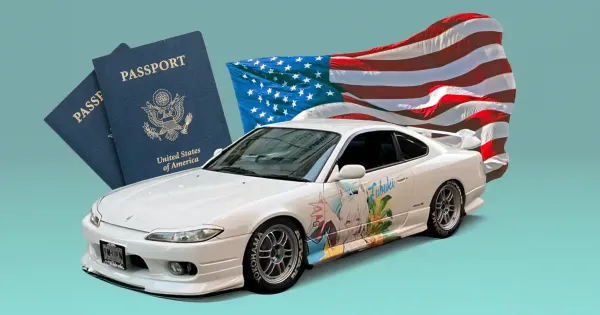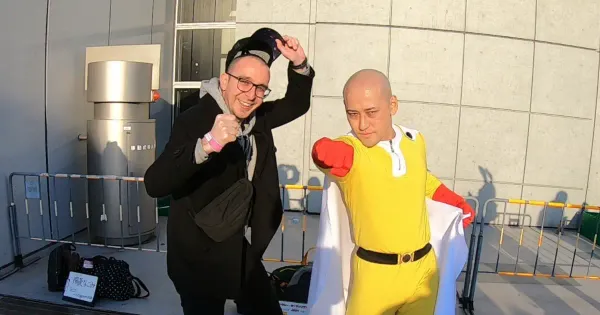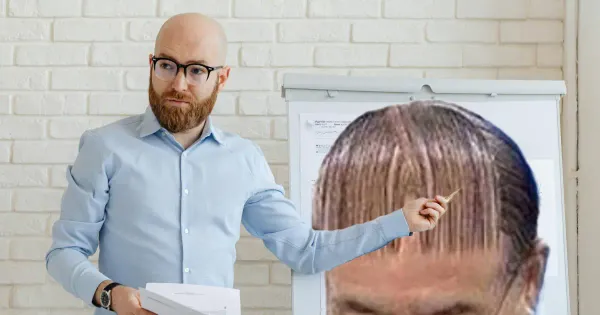The Shaved Head Apology of Japan
As apologies in Japan become more serious, so do the accompanying gestures.
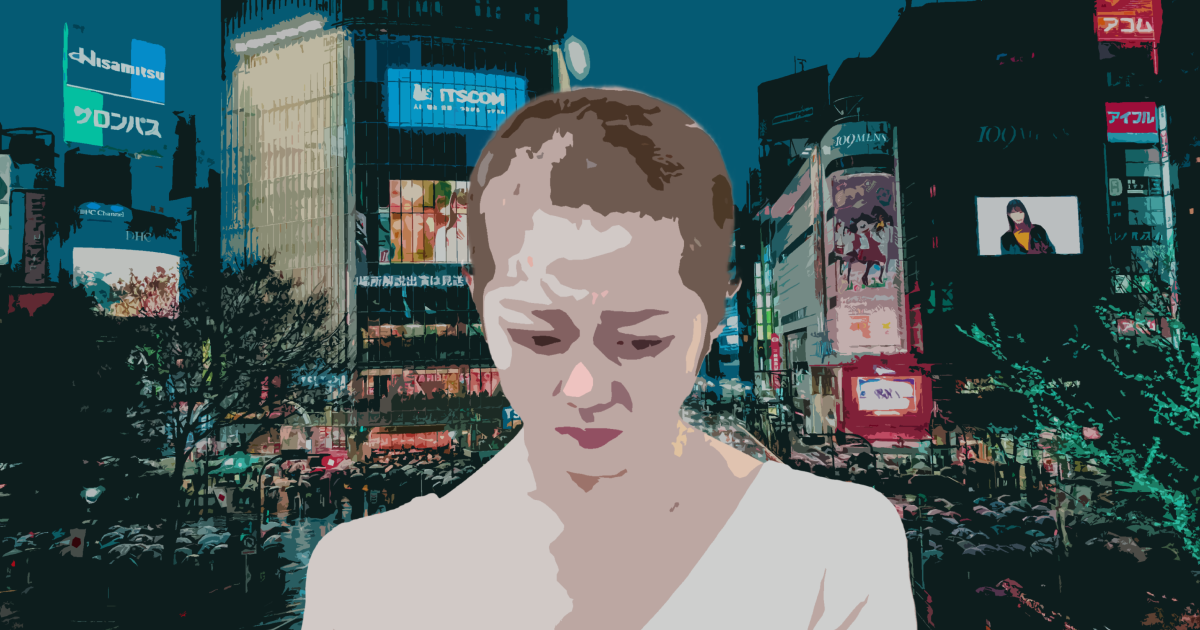
When I first showed up at the office as a newly bald man, one of my Japanese colleagues joked that I must be performing a shaved head apology.
"You messed up big time, didn't you?"
I replied that I had forgotten to replenish the water in the electric kettle, eliciting some light chuckles from our small corner of plastic-partitioned desks.
Of course, my shaved head was nothing more than a haircut. My smooth scalp didn't represent anything other than the end of a lengthy battle with thinning hair.
But for countless other individuals in Japan, shaving your head could still mean saying you're sorry, in a deadly serious way.
Levels of remorse
In a country praised for its politeness, even minor inconveniences can prompt a sincere apology from the person taking responsibility. From donut shops selling out two minutes early to trains arriving two minutes late, you'll hear (and see) no shortage of people in Japan apologizing for seemingly trivial transgressions.
As apologies in Japan become more serious, so do the accompanying gestures. You may have seen pictures of Japanese celebrities prostrating themselves in the dogeza 土下座, a bow so intense that it requires one to literally grovel at the feet of those they have offended. The dogeza is reserved for only the most serious apologies, and is therefore pretty rare to see outside of TV dramas and anime.
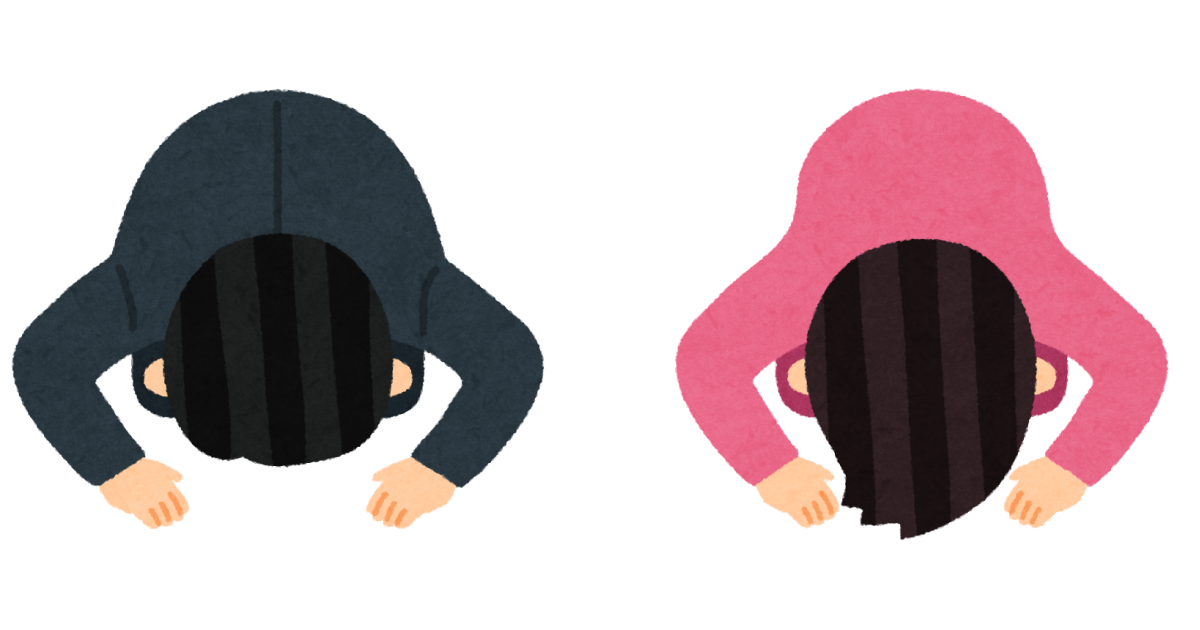
But despite the scene it creates, the dogeza might not be Japan’s ultimate apologetic gesture.
Perhaps second only to Yakuza "finger shortening," the shaved head apology remains one of Japan's most extreme ways to say sorry.
Shaved heads of history
Examples of ritual head shaving can be found throughout time, each representing different expressions of humility, piety, and remorse.
Baldness at the crown is still often associated with the Catholic character of Friar Tuck, whereas completely bald heads can conjure up images of Buddhist monks - free from the worldly egos and desires that come with maintaining a full head of hair.
In Japan, losing one's hair once meant the loss of one's hard-earned status. Fans of "The Last Samurai" will recall a dramatic scene in which a proud warrior is publicly shamed by having his symbolic top-knot cut from his head.
But the fact that Ken Watanabe chose to be fully bald for his role, likely had more to do with personal choice than with samurai traditions.

This idea of attaching meaning to one's hair, and thereby assigning value to the act of removing it, has persisted into modern Japanese society. Even today, schoolboys on baseball teams can still be seen sporting shaved heads as a sign of devotion to their club.
And while folks like Ken Watanabe do their best to make baldness more fashionable than metaphorical, the idea of a shaved head apology still very much exists in Japan.
An idol's shaved head apology
In 2013, a J-Pop idol named Minami Minegishi made international headlines after posting a tearful apology video in which she displayed a hastily shaven head. The AKB48 singer had broken an unwritten social contract in which young women in show business are required to maintain an image not only of purity, but also availability. Minegishi was apologizing for being caught having a boyfriend.
This practice of forbidding young females in the entertainment industry from dating, is so widespread in Japan that many of these rules are not unwritten at all. It's assumed that most idols in Japan today have some form of "no-dating" clauses in their contracts. The Minegishi incident was less of an insight into shaved head apology culture than it was into the toxic world of Japanese idol culture.
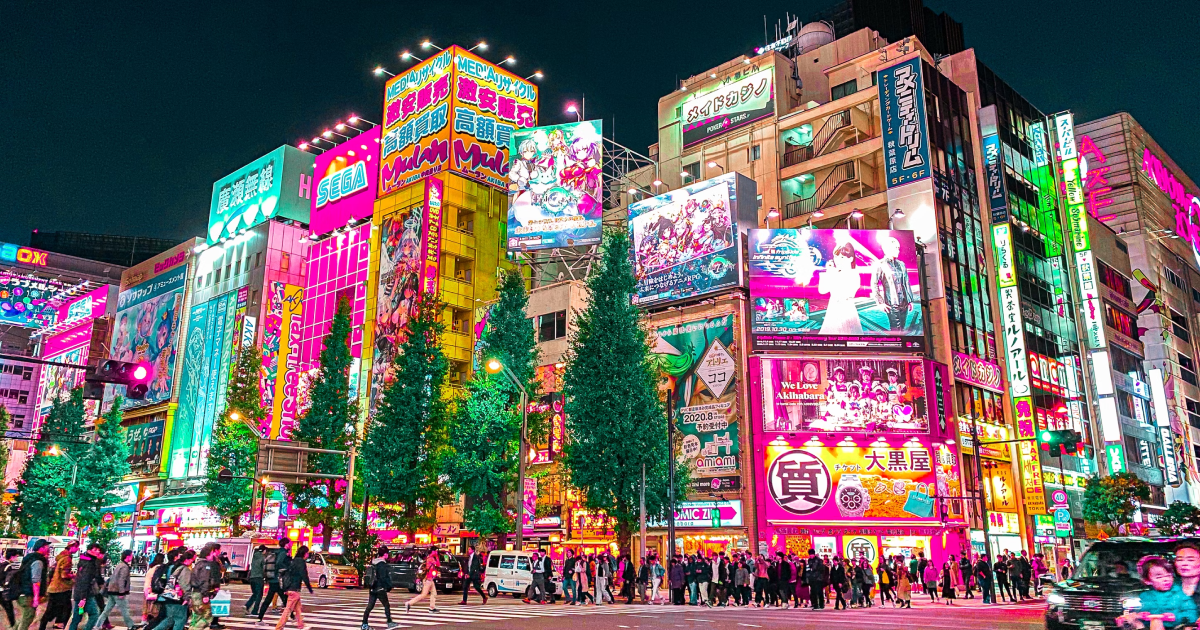
A more recent example of this mindset was seen in the summer of 2023 when weather forecaster Saya Hiyama broke the collective hearts of countless male admirers by revealing that she too had a boyfriend.
However, Hiyama (thankfully) did not shave her head in response.
A takoyaki master's shaved head apology
In 2021, the owner of a takoyaki stand posted a photo on Twitter in response to a customer complaint.
The patron had found a hair inside her takoyaki, and the owner took extreme measures to remedy the situation - shaving his head. The action was both symbolic and practical: no more hair on his head meant no more hair in his takoyaki.
先日、たこ焼きの中に、髪の毛が入っていたという苦情がありました。
— 大阪 たこ焼たこば (@takoyakitakoba) May 21, 2021
お客様には大変、不快な思いをさせてしまい、誠に申し訳ございませんでした。
深く反省するとともに、二度と同じ様な過ちを起こさない様に、丸刈りにしました。 pic.twitter.com/VJgUCHWBOU
In contrast to the dark world of J-pop idols, this man's shaved head apology was simply seen as a dignified response to an honest mistake. The internet's reaction was largely positive. Twitter users praised the shop owner for his sincerity and humility, and promised to visit him the next time they were in town.
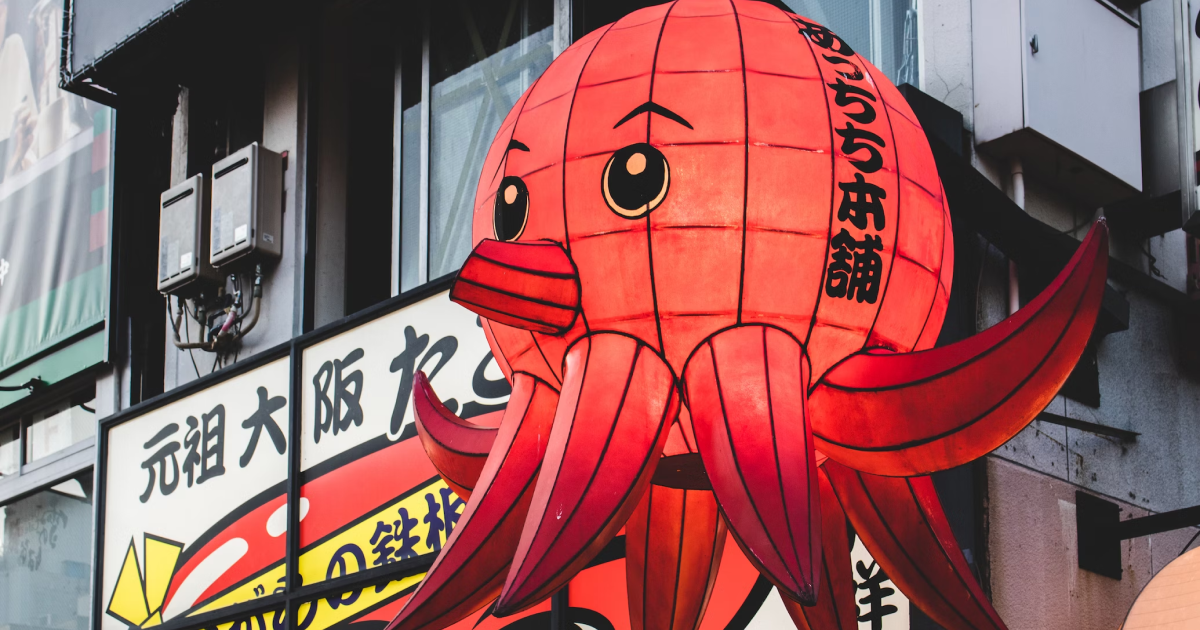
The response to this incident suggests that a shaved head apology can still be seen as a perfectly normal and appropriate form of taking accountability for one’s mistakes in Japan.
Unapologetically bald
The concept of a shaved head apology remains a complex and nuanced aspect of Japanese culture, with historical and social implications that extend far beyond the simple act of shaving one's head.
But despite the cultural stigma surrounding baldness and shaved heads in Japan, things have begun to change very quickly in recent years.
The “bald positivity” movement of the west, led by influencers like Harry James of Baldcafe has seen a rise in people adopting proudly bald lifestyles in Japan.

Today, Japan Enjoyer stands at the intersection of tradition and transformation—encouraging bald men to reclaim their image with pride, not shame. By fostering open conversations and celebrating baldness as a symbol of strength and authenticity, we hope to help rewrite the narrative around shaved heads in Japan and beyond.

